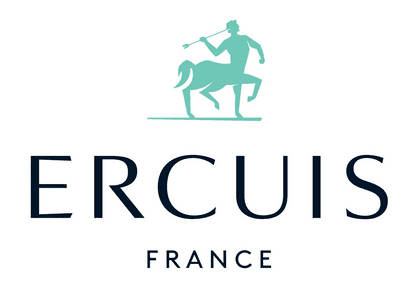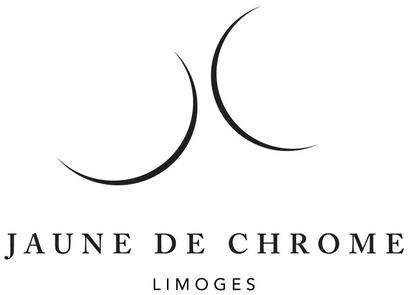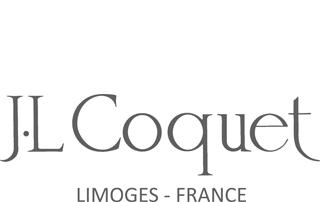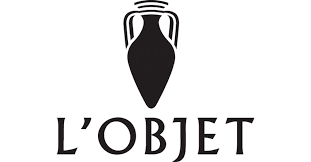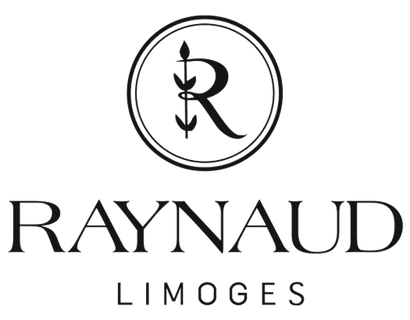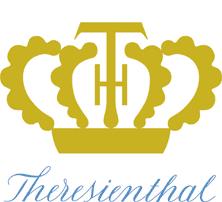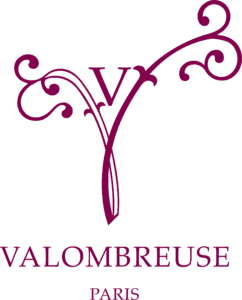Theresienthal
Theresienthal, a Bavarian crystal glass manufacturer, has been creating glassware to royal standards since 1836. Located deep in the Bavarian Forest, the small manufactory continues to produce modern interpretations of its historical glass collections, as well as new designs with traditional flair, all crafted by hand.
Collections

Prestige white gold

Prestige gold
Delphi
Planet Earth
Kilimandscharo
Sansibar
About THERESIENTHAL
The craftsmen at Theresienthal are the heart and soul of the glassworks. The small team is made up of skilled glassmakers, cutters, engravers, painters, and other tradesmen, many of whom have been working at Theresienthal for decades, and some even in the fourth or fifth generation. The passion and expertise of these craftsmen ensures that each piece of Theresienthal glassware is truly a piece of living history.
Theresienthal, a crystal glass manufacturer, has its roots in a unique blend of Bohemian expertise and royal privilege. In 1831, King Ludwig I of Bavaria invited the Bohemian glass merchant Franz Steigerwald to establish glassworks in Bavaria. Steigerwald accepted the royal request and in 1836, he opened his glassworks in a small valley near Zwiesel, the capital of the German glass industry. He was granted permission to name both the glassworks and the valley after Queen Therese, giving birth to the name Theresienthal.
The name Therese holds great significance in Bavaria, as King Ludwig I had married Therese of Saxe-Hildburghausen in 1810. Their wedding celebration on the Theresienwiese (“Therese’s meadow”) in Munich was so grand and legendary that it eventually developed into the Oktoberfest, the largest and most famous folk festival in the world.
With its unique blend of Bohemian know-how and royal privilege, Theresienthal's crystal glass quickly conquered the German and European royal houses. In 1861, Michael von Poschinger took over the manufactory and his descendants managed the glassworks until 1973, ensuring the continuation of the Theresienthal's legacy of producing high-quality, handcrafted crystal glass.
In the late 19th century, King Ludwig II of Bavaria became a frequent customer of Theresienthal, a glassware company known for its historicist designs. The company's unique blend of historical forms and elements, such as medieval artifacts and designs from the Venetian Renaissance and Baroque, made their glassware popular among European royalty and the upper class. Even the Russian Tsar's court and French Empress Eugénie de Montijo were customers.
Theresienthal's glassware also gained popularity in the United States at the beginning of the 20th century, with Americans drawn to the company's Art Nouveau designs. Today, many of Theresienthal's historic glass objects can be found in castles and museums throughout Bavaria, including the Theresienthal Museum Palace, the Museum of Bavarian Kings, and the Linderhof and Neuschwanstein Palaces.
In 2001, Theresienthal crystal glass factory was forced to shut down operations due to financial difficulties. However, some of the dedicated employees refused to let their skills and equipment go to waste. They kept the workshops running and maintained the equipment to prevent it from falling into disrepair.
Their dedication caught the attention of the Eberhard von Kuenheim Foundation, a foundation established by BMW AG. In 2004, the foundation helped establish the Theresienthal charitable foundation, which allowed the glassmakers to resume operations at the factory. In 2006, Max Freiherr von Schnurbein took over the company and led a team of around 20 employees to continue the legacy of Theresienthal's unique blend of historical and modern glassware.
The current collection of Theresienthal crystal glassware draws inspiration from the rich history and tradition of the company, blending elements of past designs such as Biedermeier, Historicism, Art Nouveau and New Objectivity. Each piece is a unique representation of Bavarian culture and heritage.
In addition to reinterpreting historical designs, Theresienthal also collaborates with contemporary designers such as Kuball & Kempe, Jens Denecke, Matthias Gangkofner, Christian Haas, Gottfried Palatin and Hermann August Weizenegger to create new and innovative pieces. The company's motto is "Bavarian Baroque instead of German Engineering" which reflects their approach of creating pieces that are a blend of tradition and modernity.
All of Theresienthal's glassware, drinkware, vases and decorative objects are made by hand, from the initial wooden model to the final stages of cutting, engraving, painting and gilding, ensuring the highest quality "Made in Bavaria".
Theresienthal is known for its diverse range of drinkware collections, each one with its own unique style and inspiration. One of the most popular collections is Kilimandjaro, featuring artfully produced cased crystal glass tumblers engraved with idyllic nature scenes and African animals. The collection brings a touch of Biedermeier to the present day with its wide range of colors, functional shapes and cozy nature motifs.
Another popular collection is Schliersee, which enchants with pastoral scenes from the Bavarian Alps. The Schliersee collection features cased crystal glass cups engraved with indigenous wildlife such as chamois, capercaillies, eagles and deer, evoking the Alpine idyll of the popular recreation area located 50 kilometers south of Munich.
The Planet Earth collection takes you on a journey from the deep sea to outer space, with a mix of animal, plant and abstract motifs that come together to create a varied yet cohesive collection. The colors and engravings complement each other to create a seamless narrative.
The Newport collection is reminiscent of Theresienthal's success in the USA, where the Art Nouveau style barware collection was wildly popular among New Yorkers who traveled to Newport, Rhode Island to watch the start of international regattas.
The Juwel Gold collection celebrates the baroque and brings it into the new millennium with a clean and modern touch, making it a perfect addition to any home.
Have questions?
We're here to guide you through styles, brands, and prices, addressing all your questions along the way


